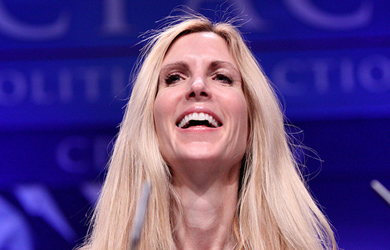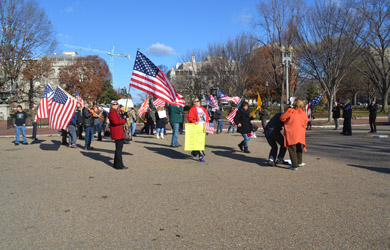“This sends a message loud and clear that illegal aliens are not welcome in Farmers Branch, Texas,” declared Tim O’Hare, city councilman in the Dallas suburb, after voters approved a ban on undocumented immigrants renting housing there. “We are fed up with the federal government’s inaction on immigration,” he said. “We are not going to wait. We are going to take care of it.” O’Hare began his crusade last summer against the “less desirable people” who he said “get to come over here and live like kings and queens,” and who were driving down property values and causing shopkeepers to speak Spanish, leaving “no place for people with a good income to shop.”
Farmers Branch’s ordinance is modeled on measures passed last year in Hazleton, Pennsylvania, which is waiting for a court ruling on their constitutionality.
Compared to last year’s heated immigration debate and its steady supply of headlines – ranging from the touring congressional hearings put on by Republican House members to the effects of anti-immigrant crackdowns like the one just passed in Farmers Branch – this year has been relatively calm. Supporters of comprehensive reform now control Congress, and political news has revolved around presidential candidates, with only one anti-immigrant hardliner among the many second-tier candidates. Meanwhile, both Chris Simcox’s Minuteman Civil Defense Corps and Jim Gilchrist’s Minuteman Project are facing charges of financial mismanagement.
But as the vote in Farmers Branch shows, anti-immigrant politics remain a live wire in various parts of the country.
Meanwhile, in the Washington, D.C. suburb of Gaithersburg, Maryland, a day-laborer center was the target of a recent arson attempt. In response, local anti-immigrant group Citizens Above Party – which, we noted previously, is hardly the simple concerned-citizens operation it portrays itself as – reopened their complaints against the facility:
‘‘Why is the county executive allowing hundreds of thousands of dollars to go to a facility that does not check the backgrounds of who is coming through the back door?” said Susan Payne, founder of Citizens Above Party, a vocal opponent of the county’s policy to pay for the day-laborer centers. ‘‘We have no idea who these people are.”




.jpg)


